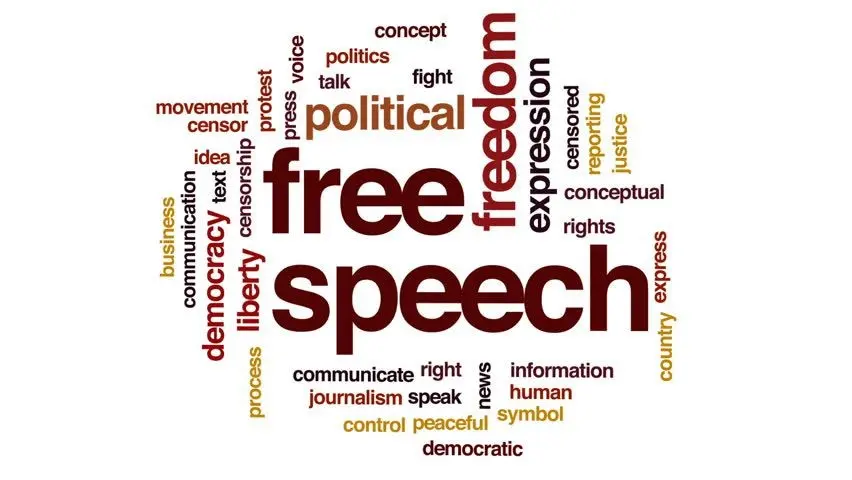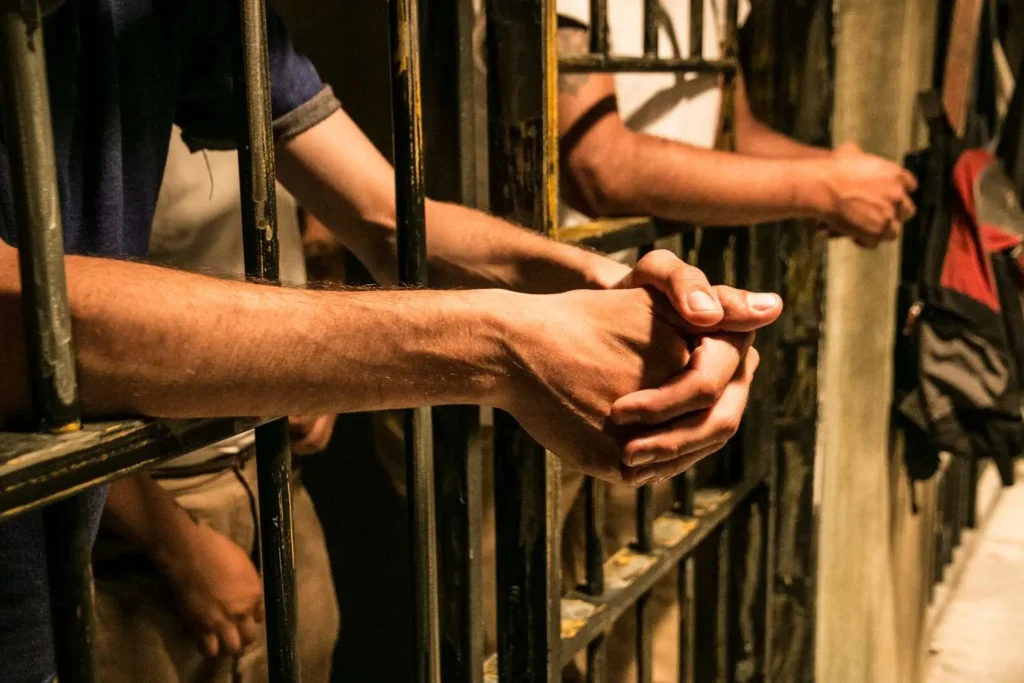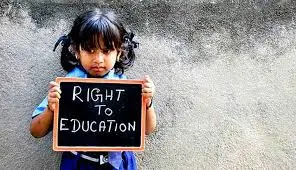Introduction
The Right to Freedom, enshrined in the Indian Constitution under Articles 19 to 22, is a cornerstone of democratic life in India. These provisions protect the individual liberties of citizens, ensuring that they can exercise their freedoms with reasonable restrictions in place to safeguard national interests like sovereignty, security, and public order.
In this blog post, we’ll explore each of the Articles 19 to 22, their significance, and key case laws that shape their interpretation.
Article 19: Right to Freedom
Article 19 guarantees six fundamental freedoms to the citizens of India. These freedoms form the essence of individual liberty:

1. Freedom of speech and expression (Article 19(1)(a))
2. Freedom to assemble peacefully (Article 19(1)(b))
3. Freedom to form associations or unions (Article 19(1)(c))
4. Freedom to move freely throughout the territory of India (Article 19(1)(d))
5. Freedom to reside and settle in any part of India (Article 19(1)(e))
6. Freedom to practice any profession, or to carry on any occupation, trade, or business (Article 19(1)(g))
While these freedoms are crucial, they are not absolute. The state can impose reasonable restrictions based on factors such as the security of the state, public order, decency, and morality, or to prevent incitement to an offence.
Key Case Law: Shreya Singhal v. Union of India (2015)
In this landmark case, the Supreme Court struck down Section 66A of the Information Technology Act, which criminalized online speech. The Court held that freedom of speech and expression is a crucial pillar of democracy and that vague laws infringing on this freedom cannot stand.
Also Read: Right To Equality Article 14 to 18
Article 20: Protection in Respect of Conviction for Offences

Article 20 provides protection against arbitrary and unfair criminal laws and procedures. It includes three significant safeguards:
1. Protection against ex-post facto laws (Article 20(1)): No person can be convicted for an act that was not considered an offence when it was committed.
2. Protection against double jeopardy (Article 20(2)): The state cannot prosecute and punish a person more than once for the same offence.
3. Protection against self-incrimination (Article 20(3)): A person accused of an offence cannot be forced to be a witness against themselves.
These safeguards ensure fair treatment in the legal process and prevent the misuse of power in criminal prosecutions.
Key Case Law: State of Bombay v. Kathi Kalu Oghad (1961)
The Supreme Court clarified that taking fingerprints, handwriting samples, and other physical evidence does not violate Article 20(3). The protection against self-incrimination only applies to oral testimony or confessions.
Article 21: Protection of Life and Personal Liberty
Article 21 states that “No person shall be deprived of his life or personal liberty except according to procedure established by law.”
One of the most expansive articles in the Indian Constitution covers a wide array of rights necessary for living a dignified life.
Over the years, the Supreme Court has interpreted Article 21 to include the right to privacy, the right to a clean environment, the right to shelter, and the right to live with dignity.
Key Case Law: Maneka Gandhi v. Union of India (1978)
This case expanded the scope of Article 21 by linking it with Article 14 (Right to Equality) and Article 19 (Right to Freedom). The Court held that “procedure established by law” must be just, fair, and reasonable, and arbitrary actions by the state infringe on the fundamental rights of citizens.
Key Case Law: K.S. Puttaswamy v. Union of India (2017)
In this landmark judgment, the Supreme Court recognized the right to privacy as an intrinsic part of Article 21. This ruling set a new standard for privacy protections in India.
Article 21A: Right to Education

Inserted by the 86th Constitutional Amendment Act, 2002, Article 21A provides the right to free and compulsory education for children aged 6 to 14 years. It reflects the state’s commitment to ensuring basic education for every child.
Key Case Law: Mohini Jain v. State of Karnataka (1992)
The Supreme Court declared that the right to education is a fundamental right and that the state is responsible for providing free education to children.
Article 22: Protection Against Arrest and Detention in Certain Cases
Article 22 provides protections to individuals against arbitrary arrest and detention, ensuring that due process is followed:
1. No person who is arrested shall be detained without being informed of the grounds of arrest.
2. The person arrested has the right to consult and be defended by a legal practitioner of their choice.
3. Every person arrested and detained shall be produced before a magistrate within 24 hours of the arrest.
4. No person shall be detained in custody beyond the period prescribed without the authority of a magistrate.
Preventive Detention: Article 22 also deals with preventive detention, allowing the government to detain individuals to prevent them from committing a future offence. However, safeguards exist to prevent abuse, such as the requirement that the detaining authority informs the person of the grounds of detention within 5 days.
Key Case Law: A.K. Gopalan v. State of Madras (1950)
This was one of the earliest cases that tested the scope of preventive detention under Article 22. The Supreme Court upheld the validity of preventive detention laws but has since introduced stricter safeguards to protect individual liberty.
Conclusion
The Right to Freedom, encapsulated in Articles 19 to 22, forms the bedrock of individual liberty in India. These rights ensure that every citizen can live with dignity, freely express themselves, and receive protection against arbitrary state actions. Although these freedoms are subject to reasonable restrictions, the judiciary plays a vital role in maintaining the balance between individual liberty and state power.
These rights are not just legal protections; they represent the values of democracy, personal liberty, and human dignity that are integral to India’s constitutional framework. Understanding and exercising these rights is crucial for every citizen.
FAQs
1. What is the significance of Article 19?
Article 19 guarantees six fundamental freedoms, such as freedom of speech, assembly, and movement, which are crucial for individual liberty in a democracy.
2. What are the protections offered under Article 20?
Article 20 provides protection against ex-post facto laws, double jeopardy, and self-incrimination, ensuring fair treatment in criminal cases.
3. How has the Supreme Court expanded the scope of Article 21?
The Supreme Court has interpreted Article 21 to include the right to privacy, the right to live with dignity, and several other rights essential for a dignified life.
Also Read: Fundamental Rights in India
Reference: unacademy.com